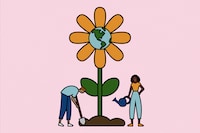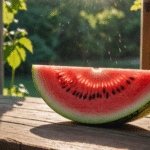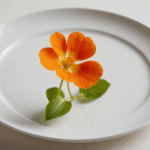
By their very nature, people who garden are some of the most environmentally conscious. Studies have found a connection between spending more time outside and wanting to help mitigate climate change and protect the environment. For those who are so inclined, making a real difference can start right in your own backyard.
To become a more conscious member of your local ecosystem, you don’t need to totally change the way you garden. According to experts, small shifts can go a long way, and they don’t all have to happen at once. Make your home a haven for flora and fauna by adding these new habits throughout the year.
Winter: Create compost and keep the water flowing
Return to menu
Though it may feel like your garden is on pause during the colder months, there’s plenty you can be doing to help it thrive. Mary Phillips, head of Garden for Wildlife programs at the National Wildlife Federation, says winter is a great time to start composting. Turning your kitchen scraps into compost not only means sending less to the landfill; it can also have a significant benefit for the nutrient profile of your garden.
“Composting is super purposeful, and you will eventually get some really good soil,” Phillips says. You can choose to compost directly in your garden (an important facet of the “no-till” gardening approach), or in a designated pile or composter. It’s fairly simple to make your own bin by drilling holes in a garbage can — just be sure to do a little research on what you should and shouldn’t compost, and mix the contents up every now and then.
If you want to support native wildlife populations, Phillips says, “the really important thing, which is especially challenging in the winter months, is water.” Birds, small mammals, and other wildlife that remain active through the winter all need access to water, but many sources freeze.
“You can help by installing a heated bird bath,” Phillips says. “Or, if you have a regular bird bath, just change the water regularly and try adding some hot water when temperatures drop below freezing.”
Source: washingtonpost.com



